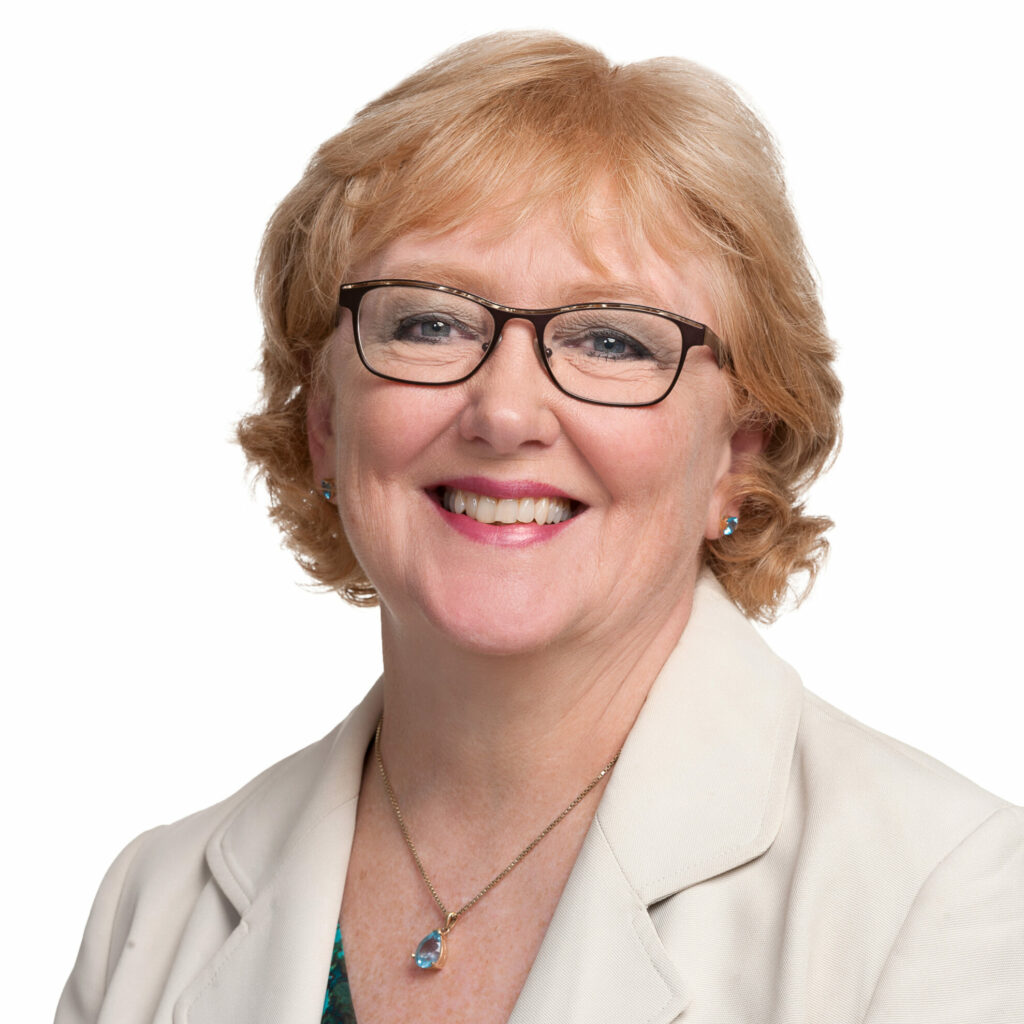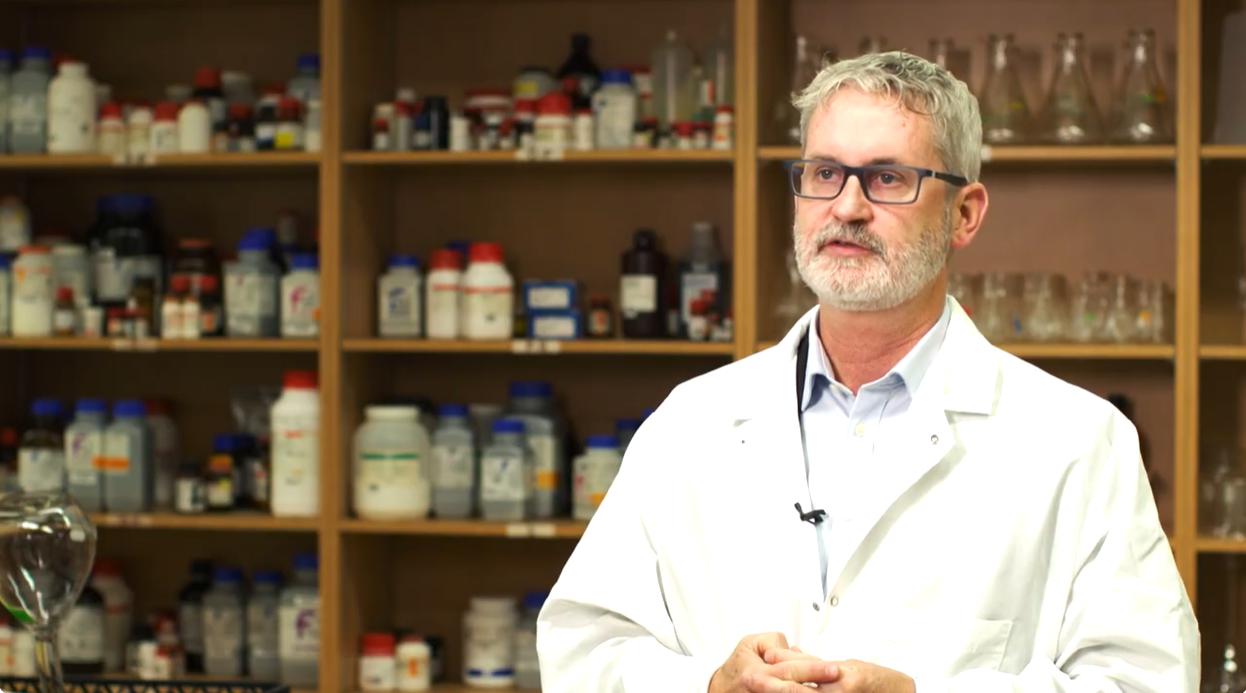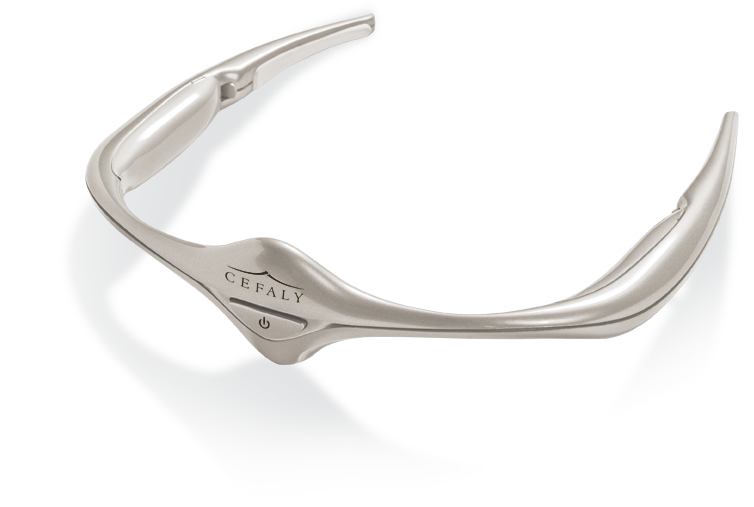
From incompatible to compatible with Dr. Lori West
Thanks to funding received from WCHRI and the Stollery Children’s Hospital Foundation, Dr. West’s team is well on their way to launching a new diagnostic assay to measure ABO antibodies.
Dr. Lori West is one of Canada’s leading transplantation researchers and a clinician-scientist, pediatric transplant cardiologist and basic science transplant immunologist at the University of Alberta. As a pioneering heart transplant expert, Dr. West’s breakthrough research in the 1990s revolutionized organ transplants for infants, leading to further investigation of ABO blood group incompatibility in organ transplant patients.
Her expertise in the science of transplants has led her to various additional research projects, including one of the current research projects of her laboratory group: creation of a more sophisticated laboratory assay to measure ABO antibodies. While infants who do not yet have antibodies in place can benefit from ABO-mismatched organ transplants, there’s still more work to be done when exploring these types of transplants.
Currently, ABO-incompatible transplants require patients to have aggressive immunosuppressants following the transplant – often more aggressive than those used for ABO-compatible transplant patients. This is partly because the risks for ABO-incompatible transplant recipients are not as well understood. The current hemagglutination test used to measure ABO antibodies is still quite rudimentary – it doesn’t give medical teams enough information to know for certain how high the antibody levels are, what types of antibodies are present or whether the antibodies have been completely removed.
Thanks to funding received from WCHRI and the Stollery Children’s Hospital Foundation, Dr. West’s team is well on their way to launching the new diagnostic assay they have created. The goal is to get this test into the hands of worldwide transplant labs to help improve the care that transplant patients need and to address inequities in access to transplants. With availability of this new tool, new knowledge will continue to be generated leading to further research on the ABO system in health and disease, including COVID.


